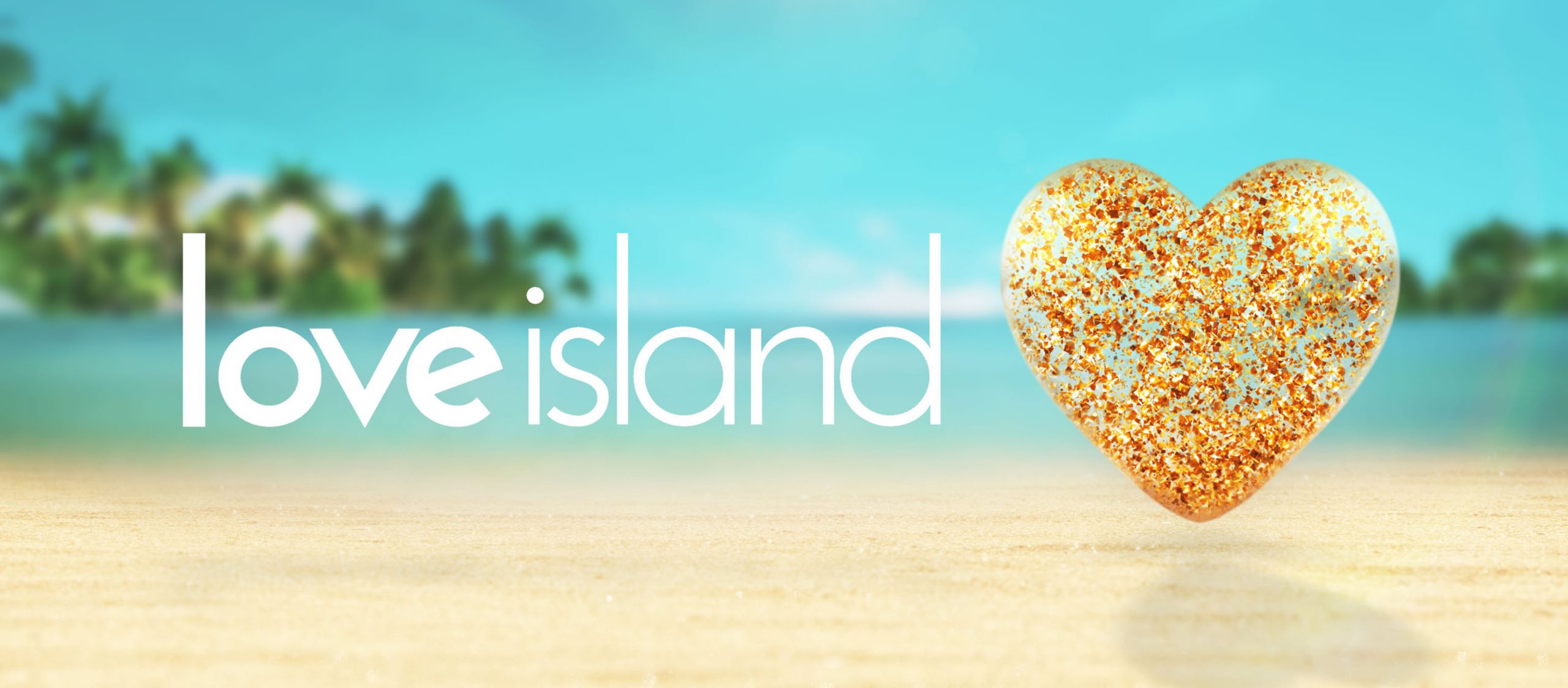Reality TV arrived with a bang in the 1990s, with ‘The Real World’ exploding onto MTV screens. What followed in the 2000s was a plethora of the same concept shows like Big Brother, The Kardashians, and Real Housewives, to name just a few. In the 90s we followed the instant famed reality stars in Magazines. Then, in the early 2000s, Perez Hilton started his infamous blog that trolled celebrities, outed sexuality and drew on celebrity pictures to humiliate them.

Now, in 2021 we have social media that has allowed fans and haters of influential people access to them 24/7. With a slide in the DMs, a nasty comment here and there or tagging them in posts, it seems like the few barriers that once existed are long gone.
Psychologist Honey Lancaster-James has worked on Love Island UK with contestants as the resident psychologist, says the old saying of ‘don’t look or ignore it doesn’t work anymore,
“Your brain is hardwired … to look out for signs of threat and social rejection because our very lives would have depended on it in the past,” she said. “So your brain won’t let you ignore it, even if you try to tell yourself, I should ignore these comments, I should not take it to heart.”
“You actually can’t do that.”
Channel Nine’s Married at First Sight‘s latest series brought the drama, but public reaction took a turn. A public petition started by Angela Rawson on change.org.au asks for Nine Network to apologise in the aftermath of Bryce Ruthven and Melissa Rawson’s relationship on the show, which the petition claims shows excessive domestic violence.
While it often appears elements of reality TV are often scripted, most contestants and producers stay mum on the topic.
trolls are my best friends. I love them.”
Reality TV stars create a brand based on the personality they portray on television. Ari Kimber, who famously went into the Big Brother house as a ‘Master Manipulator’, has embraced his trolls.
“To be published is good publicity,” he said. “And trolls create publicity. I mean, trolls are my best friends. I love them.”

When Love Island UK announced its stance on reporting trolls for harassment, Kimber was shocked.
“They [Producers] want people to be polarising,” he said. “They want it to be controversial. So I feel like it’s strange that they’re going to report things, if an episode was boring producers would say ‘OK Ari, this episode is boring, go say confrontational things.”
The ideal reality stars are the ones who are unknown, while shows like Housewives cast well-known celebrities in the area they’re being filmed; New York, Beverly Hills. Reality shows Married at First Sight and The Bachelor are so intriguing because the public can fall in love with or dislike people that are relatable to themselves in many ways, including looking for love.
“Reality television is not responsible for people getting abused online”
Honey Lancaster-James
However, the general public has no media training. To be thrown into a world where millions of people know your name and believe they know you personally can be overwhelming.
We know contestants often call out the production company for bad editing. Kimber, who received some negative press, disagrees.
“People that are unhappy with the edit always whinge about the show and say there was no support,” she said. “It was bad editing. I’m like, No, you’re just a shit person.”
Lancaster-James, meanwhile, wants to be clear.
“Reality television is not responsible for people getting abused online,” she said. “That is not reality TVs fault.”
While Lancaster-James say Reality TV is not responsible for the abuse contestants receive, they do provide the platform for the public to do so without support. Some production companies provide mental support and training for contestants, but funds are limited,
“Broadcasters are putting increasing pressure on production companies and cutting budgets”, said Ms Lancaster-James. “Social media platforms need to be doing far more to prevent their platforms from being used as a weapon.”
“I think it’s important that they do as much as they possibly can to safeguard people’s psychological well being. They’re in a position of responsibility.” Lancaster-James is the Director of Services at On Set Welfare and advocates for contestants to receive as much support as they can pre and post-production.
On The Kardashians Reunion after 14 years and 20 seasons, Khloe Kardashian said it was a rough ride dealing with her mum’s friends.
“They really shunned you for a while,” she said, “and then by season three or four, they all now want to be invited to her things.”
Despite once being seen as ‘low brow’, reality TV can be said to be one of the most successful things a person can appear on, with sponsorships like Pretty Little Thing endorsing the Love Island stars contracts worth $1million.

A 2018 Roy Morgan survey found reality TV is the second most popular type of program on Australian TV, with 41% of the population watching it daily.
So it would seem reality TV is not going anywhere. And with production costs around $500,000 per episode (compared to a show like Breaking Bad’s $3 million per episode), shows like Keeping up with the Kardashians (1.3 million views per episode), make a lot of money for very little outlay.


